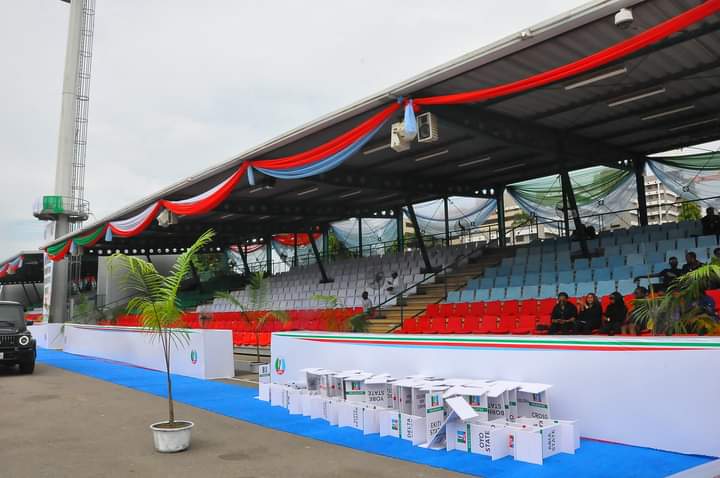ARTICLE AD
The pan-Yoruba socio-political organisation, Afenifere, on Thursday, called for caution over a bill seeking to confer indigeneship on a person who has stayed in a particular place for upward of 10 years.
The group warned that the bill could aggravate ethnic tension and violence.
A statement by its National Publicity Secretary, Jare Ajayi, in Ibadan, the Oyo State capital, said in modern times, there were basically four categories of residents in any particular state or country.
They are, according to the statement, indigenes, otherwise called natives, citizens, residents and visitors.
The House of Representatives recently passed, for a second reading, some bills for the amendments of certain sections of Nigeria’s 1999 Constitution (as amended).
The Indigenes status bill, which is part of the bills already passed for second reading, seeks to grant indigenous status and rights to anyone who has lived in a particular area for 10 years or a woman who is married to an indigene of the area.
On Tuesday, April 1, 2025, the Sultan of Sokoto, Alhaji Sa’ad Abubakar, advocated for the elimination of the policy that tended to distinguish indigenes and non-indigenes in any part of the country.
Afenifere, however, noted that the motive behind the push for indigeneship could flow from hegemonic desire, territorial expansion, changing status of the land, ecology and the desire for power and influence.
“Whatever was the motive for the bill, it must not be pursued at the expense of natives of a given area and certainly not at the risk of igniting ethnic clashes that will claim lives and property,” it said.
The group recalled that up till today, clashes were occurring in various parts of the country between indigenes and settlers, “mainly because those who are supposed to take necessary actions failed to do so due to their personal biases and dishonesty.”
The organisation called on the National Assembly not to pass the said bill.
It asked that the lawmakers should instead “concentrate efforts at restructuring the country in such a way that every part would have a sense of belonging and be in a position to determine its own affairs as much as possible within a truly federal Nigeria nation.”

 17 hours ago
4
17 hours ago
4 

